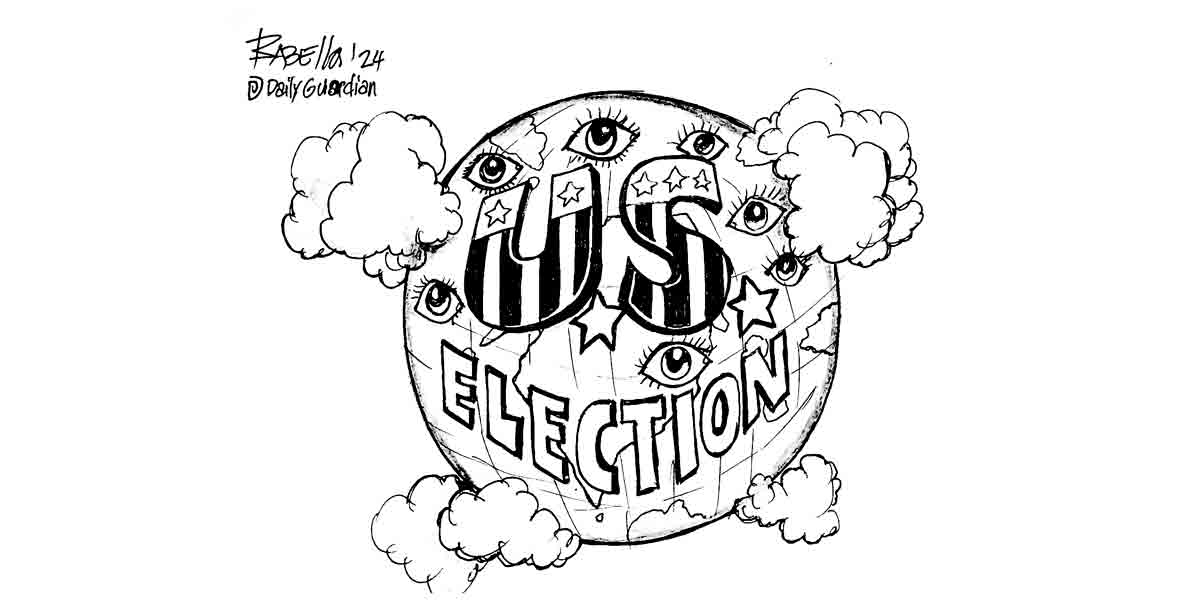 By Jose Mari BFU Tirol
By Jose Mari BFU Tirol
(The author is the dean of the College of Law of the University of San Agustin)
Many of my brethren and I inhabit two interrelated worlds: that of legal education and of legal practice. Like the rest of society, these two worlds have been severely affected by the Covid19 pandemic. Classes have shifted online, as have most court hearings and trials. Occasional lockdowns are now the norm. And it is no longer unusual for students, faculty, lawyers, judges, court personnel, or party-litigants to be absent or to request for a resetting because they are affected by the virus.
But life goes on.
In law school, we continue to discuss with our students their (and their future clients’) rights and responsibilities, and about how to enforce these. The “whats” comprise substantive law such as parental rights and obligations, inheritance rights, intellectual property rights, commercial laws, and criminal law. The “hows” are the procedural laws: the kinds of admissible evidence that one must present in court in support of one’s legal theory, since our courts in resolving cases cannot consider any evidence unless it has been duly proven in accordance with law.
However there are certain exceptions, one of which is that an admission made by a party in the course of the proceedings does not require proof. The second is what are called “judicial notice” under Sections 1 and 2 of Rule 129 of the Revised Rules of Evidence:
“Section 1. Judicial notice, when mandatory. – A court shall take judicial notice, without the introduction of evidence, of the existence and territorial extent of states, their political history, forms of government and symbols of nationality, the law of nations, the admiralty and maritime courts of the world and their seals, the political constitution and history of the Philippines, official acts of the legislative, executive and judicial departments of the National Government of the Philippines, the laws of nature, the measure of time, and the geographical divisions. (1a)
Section 2. Judicial notice, when discretionary. – A court may take judicial notice of matters which are of public knowledge, or are capable of unquestionable demonstration, or ought to be known to judges because of their judicial functions. (2)”
The Supreme Court, which exercises the sole authority to “promulgate rules concerning the protection and enforcement of constitutional rights, pleading, practice, and procedure in all courts, the admission to the practice of law, …” (Article VIII Section 5[5], Philippine Constitution) has taken judicial notice of the Covid19 pandemic for more than a year now. This is manifested by the various administrative matters on court closures, extensions of periods to file pleadings, remote notarization (which is different from electronic notarization), and hearings and trials by videoconference. As well as by the Supreme Court Justices’ recent commemoration of the Court’s 120th anniversary by donating 18 tons of vegetables to 16 community pantries in Metro Manila (which is also judicial notice of the necessity and legality of community pantries).
These are not the only indicia of the Supreme Court’s recognition of the existence and gravity of Covid19. In a recently promulgated Resolution (AC No. 12674, May 3, 2021) the Court swiftly modified the penalty it initially imposed on an erring lawyer (per Resolution dated October 14, 2020) and lowered it from suspension of three months to reprimand:
“In light of respondent’s unfeigned plea for compassion, the Court takes a second look at the penalty imposed upon him in consideration of the mitigating factors he raised in his motion.
Jurisprudence dictates that the power to suspend lawyers from the practice of law must always be exercised “on the preservative and not on the vindictive principle, with great caution and only for the most weighty reasons and only on clear cases of misconduct which seriously affect the standing and character of the lawyer as an officer of the court and member of the Bar.” To this end, the Court must necessarily take into account the mitigating or aggravating circumstances that are present in each case, if any.
The Court is not unaware of the severe economic hardships and health risks brought about by the COVID-19 pandemic. With this in mind, the Court is persuaded to exhibit a degree of leniency in respondent’s case considering that: first, this administrative case is his first offense; second, he has acknowledged his guilt before the Court and has offered his sincere apology for his disgraceful conduct; and third, his suspension would be extremely detrimental to the health and well-being on his family, who relies on him for support.”
The foregoing issuances show that the Supreme Court recognizes that one way to build a just and humane society is to acknowledge the unprecedented physical, psychological, economic, and other challenges that the pandemic brings. We in the legal academia and the practice of law must also follow suit. While it is true that the pandemic has caused (and continues to cause) delays in the resolution of cases, it is also our duty as students of the law to assist in the resolution of cases on the merits instead of technicalities. Such as, for example, by always considering the personal circumstances of each person involved in the administration of justice, including the litigants. As well as our students. After all “the life of the Law has not been logic; it has been experience” (Oliver Wendell Holmes, Jr.).
























